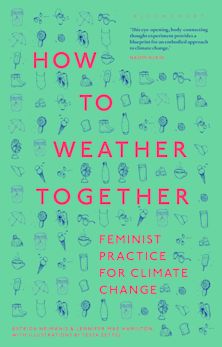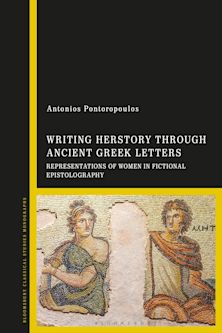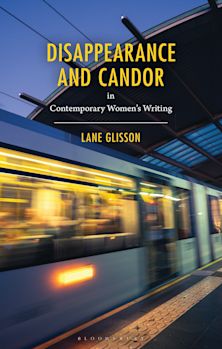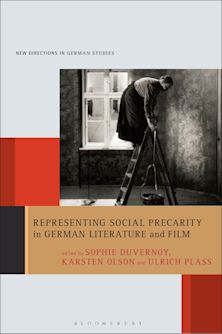Non-Normative Sexualities in US Latinx and Latin American Literature Through a Capitalist Lens
Non-Normative Sexualities in US Latinx and Latin American Literature Through a Capitalist Lens
Description
Non-Normative Sexualities in US Latinx and Latin American Literature Through a Capitalist Lens studies how Latin American and Latinx authors represent non-normative sexualities through a capitalist lens. In our society, heterosexuality manifests as privilege and has been normalized to such an extent that any sexuality that is perceived as different from the dominant cis-gendered, heteropatriarchal norm is considered deviant. Non-normative sexualities continue to be viewed by society as detrimental to the health of the nation. Consequently, how one is perceived by the dominant culture continues to limit one’s ability to thrive. Each chapter serves to analyze how one’s perceived gender identity or sexuality can block access to economic opportunity. Queer, trans, spatial and intersectional theories form the base of the literary analyses. One of the contributors’ goals is to present capitalism as it is intersectionally present in life, identity, and society. The authors studied in this collection come from the USA, Puerto Rico, Mexico, and the Southern Cone of Latin America.
Table of Contents
Chapter 1: The Haunting of Queer Latinidad in the Memoirs of Myriam Gurba and Carmen Maria Machado, Alexander Lalama
Chapter 2: Interrogating the Heteronormative Landscapes of Judith Ortiz Cofer’s The Line of the Sun and The Meaning of Consuelo, Marci Carrasquillo
Chapter 3: Economic Trans/actions and Space in Camila Sosa Villada’s Las malas y Fernanda Melchor’s Tiempo de huracanes, J. Agustín Pastén B.
Chapter 4: The Contested Travesti Bodies of Las malas and Tesis sobre una domesticación, John Kenneth Gibson
Chapter 5: The House of Forgetting: Control, Confinement and the Desire for Liberation, Michele Shaul
Chapter 6: Capitalism, Heteropatriarchy, and the Birth of the US –Mexico Border: Contesting the Imperial Script in Texas: La gran ladronería en el lejano norte (2012) by Carmen Boullosa, Joshua D. Martin
Chapter 7: Heteropatriarchal Capitalism and Southern Cone Oppression in Carolina De Robertis’ Cantoras and The Gods of Tango, Kathryn Quinn-Sánchez
Chapter 8: Success and Failure of ‘la Loca’: Neoliberalism, Terrorist Drag, and Representational Strategies in Pedro Lemebel’s Loco Afán, Crónicas de Sidario, and Angel Lozada’s No quiero quedarme sola y vacía, Héctor Iglesias Pascual
Conclusions, Kathryn Quinn-Sánchez
About the Contributors
Product details
| Published | Dec 06 2023 |
|---|---|
| Format | Ebook (PDF) |
| Edition | 1st |
| Extent | 1 |
| ISBN | 9798216286585 |
| Imprint | Lexington Books |
| Publisher | Bloomsbury Publishing |
Reviews

ONLINE RESOURCES
Bloomsbury Collections
This book is available on Bloomsbury Collections where your library has access.



































